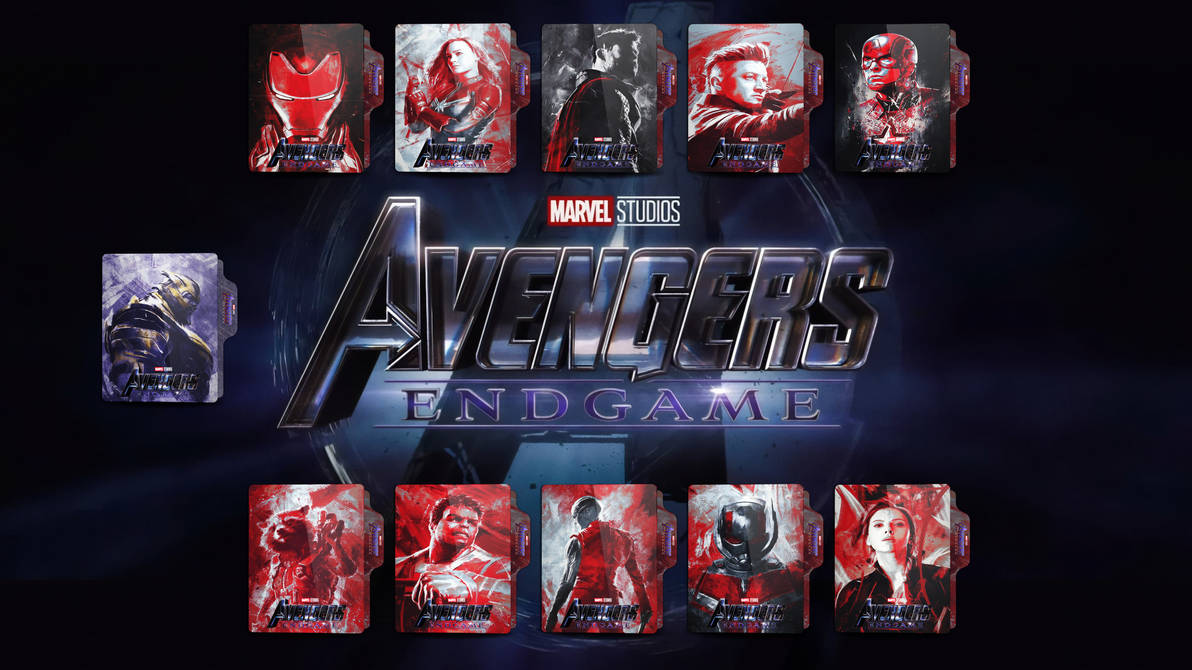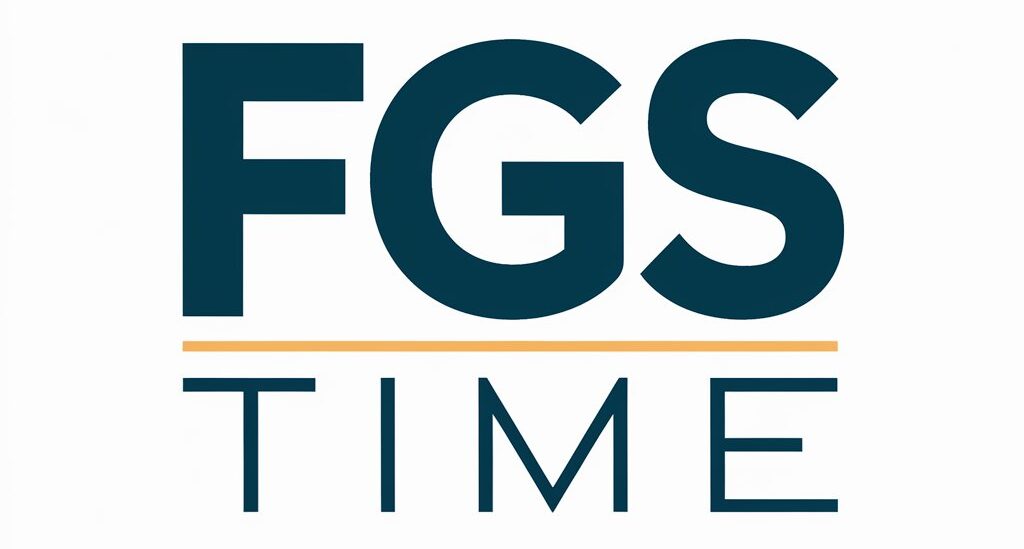
As we approach the second anniversary of the premiere of “Avengers: Endgame” on April 26, 2019, a viral clip resurfaces, reigniting memories of the thunderous applause and collective exhilaration in theaters worldwide. The scene in question, where Captain America wields Thor’s hammer and the blipped-away heroes return during the iconic “Portals” sequence, served as a poignant reminder of the communal joy that cinema can evoke—a sentiment sorely missed amidst the isolation of the ongoing pandemic.
In the fictional realm of the Marvel Cinematic Universe (MCU), five years had elapsed since Thanos’ victory in “Infinity War.” In reality, it has been five years since “Endgame” shattered box-office records, marking the culmination of Marvel Studios’ ambitious storytelling spanning over a decade. However, the movie industry, including Marvel, and its audience, are still grappling with the aftermath, facing challenges exacerbated by the pandemic, the rise of streaming platforms, and a shifting cultural landscape.
The unparalleled success of “Endgame,” which grossed nearly $2.8 billion worldwide, set an impossibly high bar for subsequent releases. Despite Marvel’s continued dominance, recent commercial setbacks like “The Marvels” have reignited discussions about “superhero fatigue” within Hollywood. This notion would have seemed inconceivable in the heyday of “Endgame,” when Marvel’s cinematic universe and its visionary leader, Kevin Feige, seemed invincible.
Amidst the uncertainties, the pandemic underscored the enduring value of shared cultural experiences. The communal enthusiasm generated by Marvel and “Star Wars” fanbases served as a unifying force, akin to the camaraderie felt during sports championships. In an era dominated by individual screens and digital isolation, the significance of shared pastimes cannot be overstated.
Reflecting on the past year, filmmakers like Joe and Anthony Russo, directors of the last two “Avengers” films, embraced virtual platforms to engage with fans. Through initiatives like “Russo Bros. Pizza Film School,” they encouraged viewers to explore classic films while supporting local businesses—a testament to the power of storytelling to bridge divides, even in challenging times.
As the world gradually reopens, and theaters welcome audiences back, the landscape of cinema has irreversibly changed. The allure of shared experiences persists, but the rise of streaming services and personalized viewing experiences poses new challenges for traditional theatrical releases.
In conclusion, while the challenges facing the movie industry may be daunting, the enduring impact of films like “Avengers: Endgame” serves as a reminder of cinema’s ability to unite and inspire. As we navigate the evolving landscape of entertainment, let us cherish the memories of shared moments in theaters and embrace the transformative power of storytelling in shaping our collective experiences.
